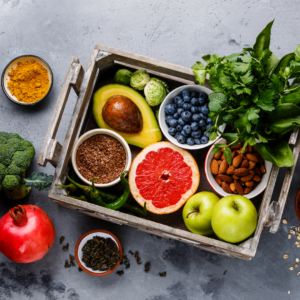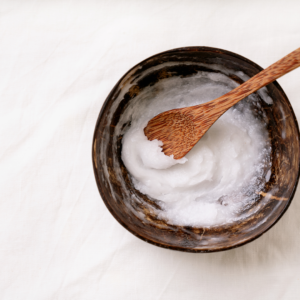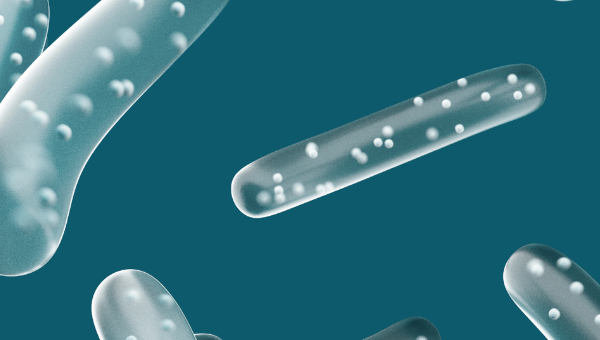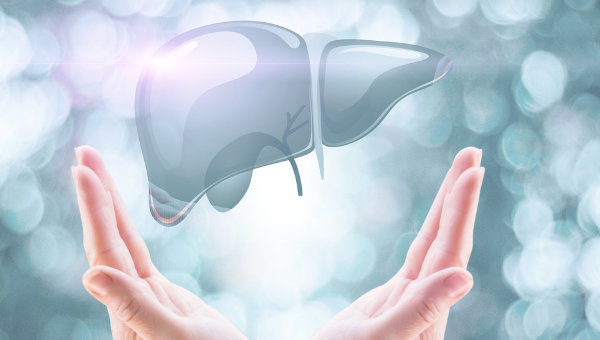Candidiasis
Candida (Candidiasis) is a fungal infection caused by a yeast (a type of fungus). Some species of Candida can cause infection in people; the most common is Candida albicans. Candida (A.K.A. yeast overgrowth) lives on the skin and inside the body, in places such as the mouth, throat, gut, and vagina, sometimes without causing any problems. Having said that, in a lot of cases, Candida causes chronic, sometimes lifelong issues.
Candida can cause infections if it gets out of control or if it starts travelling deep into your body. For example, the bloodstream or internal organs like the kidney, heart, or brain.
Candida Albicans
Candida albicans live on the skin, in the mucosal lining of the mouth, digestive tract, urinary tract, and genitals. Also called yeast, candida is part of the normal bacterial population (or “microflora”) of the intestinal tract.
When our bodies get out of balance because of poor diet, prolonged stress, obesity, disease, antibiotic use, hormonal shifts, birth control pills, or cancer treatments, an overgrowth of Candida can occur resulting in candidiasis, or in some severe cases candidemia. The most common form of candidiasis is thrush. Thrush affects the mucosal membranes of the mouth and vagina, but can also show up in folds of the skin such as in the groin or under breast tissue.
An overgrowth of candida weakens the intestinal wall and allows the fungus to enter the bloodstream. The bloodstream thereby carries the toxic by-products of candida (i.e. acetaldehyde) throughout the body. These by-products can cause damage to tissues, organs, and can compromise the immune system. A compromised immune system can leave you open to Candida Auris.

Reference: CDC
Combatting Candida
The good news is that taking a holistic approach to treatment, and making some simple changes in your diet and/or habits can help.
If you have been suffering with chronic yeast issues, STOP ingesting wine, beer, bread because they are yeast based products, as well as, things known to have mold like mushrooms and peanuts.

Focus on a low carb, low sugar diet while trying to combat candida, because yeast is alive, right? Our best bet when trying to fight yeast growth is NOT to feed it. While carbs are not bad for us, they do translate into sugar. If you are active, then you may be able to keep carbs in your diet, because any carbs you consume, will convert that sugar to energy. If your lifestyle is more sedentary, then carbs are a definite NO.
Candida friendly foods
Herbs and spices: Garlic, Ginger, Clove, Curcumin, Allicin, Oregano, Thyme, bitters. Chinese vegetables like Bok Choy, and pre-biotic foods and bitter greens, specifically:
- Arugula.
- Broccoli rabe.
- Collards.
- Dandelion greens.
- Endive.
- Onions, Leeks.
- Kale.
- Mustard.
- Radicchio.
- Jerusalem Artichokes.
- Chicory Root
Focus on clean ingredients free from toxins and allergens.
Oils

Coconut oil is a good example of lauric acid, a saturated fatty acid widely studied for its antimicrobial and antifungal effects. Coconut oil is almost 50% lauric acid. Studies show that lauric acid may act as a bacteriostatic agent. This is a substance that prevents bacteria from multiplying without killing the bacteria.
It may also act as a bactericidal agent, which destroys certain bacteria, such as yeast-friendly bacteria.
Another strong note about coconut oil – it is known to help burn calories!
There are also a number of recommended essential oils for yeast infections.
Immune system health
Immune system health play a big role when it comes to Candida as well. A strong immune system can fight anything. It’s how the human body is designed. Having said that, keeping the immune system strong means we have to consume the right foods most of the time.
Consumption of foods like carrots, citrus fruits, fruit juices, germ oils, nuts, seeds, and certain dairy products that are rich in those vitamins can be helpful in boosting immunity.
Visit your Naturopath and check your vitamin levels. Vitamins A, D, E, and C are known for playing a crucial role in body development and repair of mechanisms which enhance immunity. These compounds have the potential to either act against viruses directly or be effective against them by boosting the immunity of the body.
Your healthcare provider may recommend changes to your diet, as well as natural antifungals or probiotics (“friendly” bacteria) to improve your body’s ability to keep candida in check. For signs and symptoms, link here.





No Comments